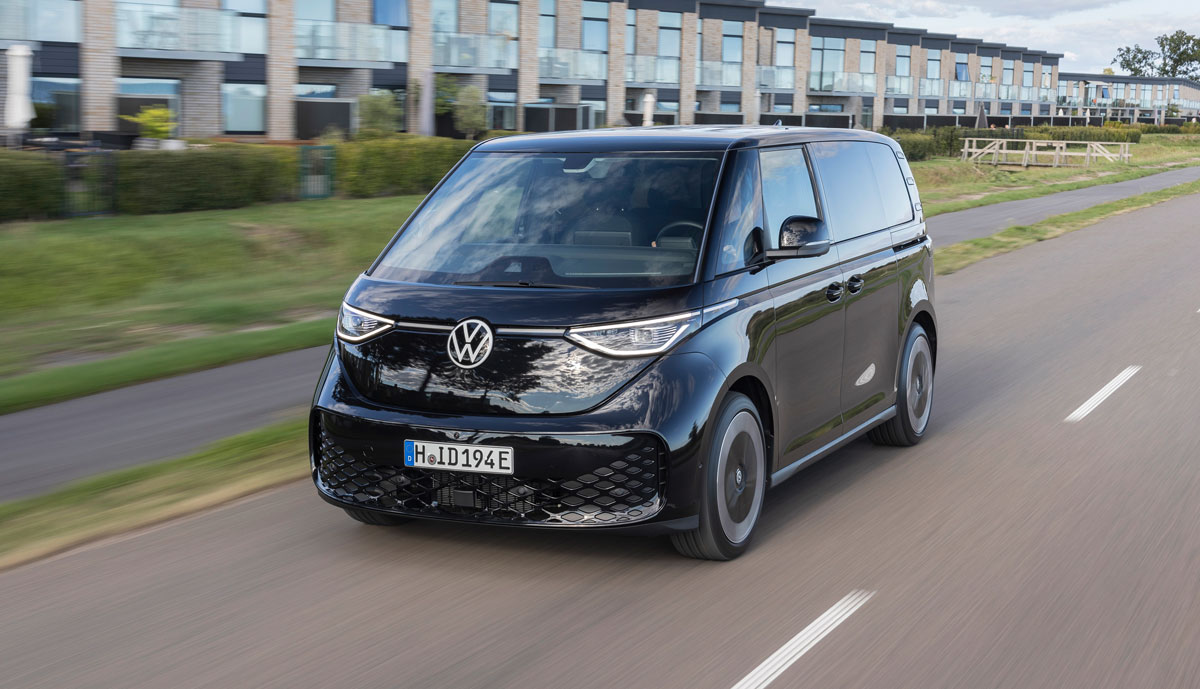Police Probe Possible Links Between Göppingen Shooting and Stuttgart Gang Conflicts
Violent Attack in Halle Leaves Three Injured, Including a Child
German Authorities on High Alert Following Early Morning Knife Attack in Bielefeld
Bielefeld Police Hunt for Suspect After Early Morning Stabbing
German Authorities Intensify Search for Suspect in Bielefeld Bar Attack
Volkswagen's Earnings Dip in Q1 2025 as Special Costs and Market Weakness Take Toll

Volkswagen, Europe's largest car manufacturer, reported a significant drop in its first-quarter earnings for 2025, with net profit falling by 40.6% to 2.19 billion euros. The decline was attributed to a combination of factors, including extraordinary costs exceeding one billion euros and weakened performance in China, a critical market for the group. The operating result also saw a 37% decrease, settling at 2.9 billion euros, amidst challenges such as CO2 provisions in Europe, restructuring at its software subsidiary Cariad, and reserves related to the Dieselgate scandal.
The company's battery business reported increased losses, and profitability in its Chinese joint ventures was reduced. Despite these setbacks, Volkswagen's revenue saw a slight increase of 3%, reaching 77.6 billion euros. The automaker has maintained its full-year forecast for 2025, though it acknowledges that the potential impact of new US trade tariffs, proposed by former President Donald Trump, has not yet been factored into these projections.
Volkswagen's financial chief, Arno Antlitz, described the start to the year as 'mixed,' noting strong customer reception for their vehicles and a significant rise in order intake in Western Europe. The sale of electric vehicles has more than doubled in the first quarter, with every fifth car sold in Western Europe now fully electric. However, the success of these electric vehicles has also put pressure on the company's margins, with an operating margin of around 4% indicating room for improvement.
Amid global economic uncertainties, Volkswagen is focusing on factors within its control, including discussions with US trade policy officials about expanding production and further investments in the United States. The company remains committed to its five-year investment budget of 165 billion euros, aiming to navigate through the current challenges while preparing for future growth in the evolving automotive landscape.